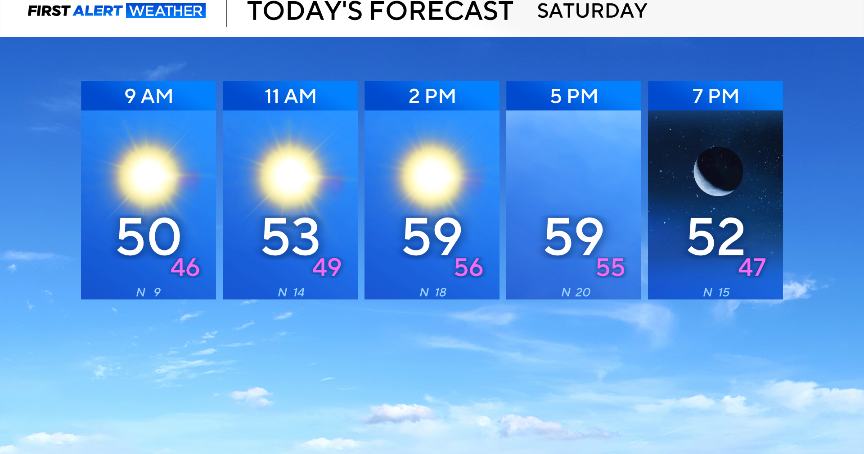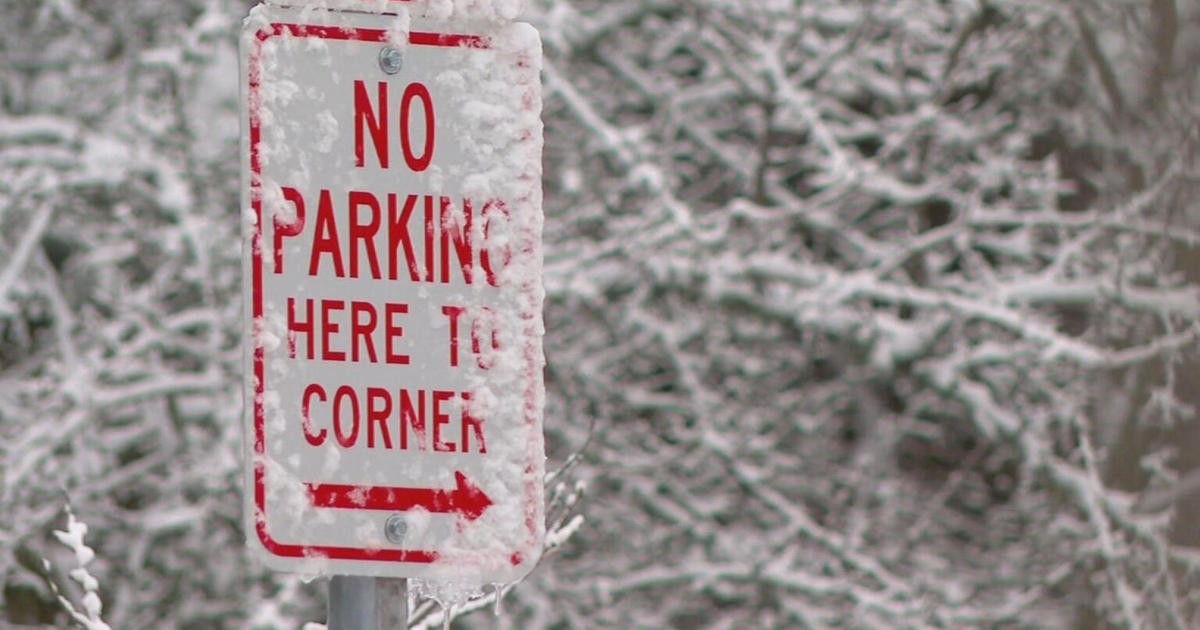Black-Footed Ferrets Return To Where They Held Out In Wild
MEETEETSE, Wyo. (AP) — A nocturnal species of weasel with a robber-mask-like marking across its eyes has returned to the remote ranchlands of western Wyoming where the critter almost went extinct more than 30 years ago.
Wildlife officials on Tuesday released 35 black-footed ferrets on two ranches near Meeteetse, a tiny cattle ranching community 50 miles east of Yellowstone National Park. Black-footed ferrets, generally solitary animals, were let loose individually over a wide area.
Groups of ferret releasers fanned out over prairie dog colonies covering several thousand acres of the Lazy BV and Pitchfork ranches. Black-footed ferrets co-exist with prairie dogs, living in their burrows and preying on them.
In the weeks leading up to the release, biologists made extra sure the ferrets will have plenty of prairie dogs to eat by treating the local prairie dog population with insecticide and plague vaccine. Plague, which is spread by fleas, can kill off prairie dogs by the thousand.
Scientists recently found plague had killed some prairie dogs in the area but not nearly enough to interfere with the release. In fact, the pattern of prairie dogs killed by the disease suggests the plague vaccine works, said Zack Walker, a Wyoming Game and Fish Department biologist.
More plague control will be needed as wildlife officials plan more black-footed ferret releases next year and the year after.
"In the early years, it's going to be important to keep it up," Walker said.
The release completed the circle of a story that began in 1981, when a ranch dog named Shep brought home a dead black-footed ferret in the Meeteetse area. Local ranchers took the carcass to a taxidermist, who alerted them it was no ordinary weasel but a very rare specimen, indeed.
Five years later, biologists rounded up the remaining wild ferrets to launch a successful captive-breeding program. Tuesday's release, in other words, brought the descendants of the last Meeteetse ferrets back to Meeteetse for the first time.
"We thank the ranch owners for their commitment to recovery of black-footed ferrets. The decades of hard work from Game and Fish and our numerous partners show in these recovery efforts," Wyoming Game and Fish Department Director Scott Talbott said in a release.
The Fish and Wildlife Service breeds black-footed ferrets at a facility near Fort Collins, Colorado. There, the young ferrets go through a "boot camp" where they learn how to catch prairie dogs.
Ferrets have been released at 24 sites in Wyoming, Montana, Utah, Colorado, New Mexico, South Dakota, Arizona and Kansas, as well as Canada and Mexico. Recent release sites include the Rocky Mountain Arsenal National Wildlife Refuge near Denver last fall.
This was the first ferret release in Wyoming in almost a decade. Last year, the U.S. Fish and Wildlife Service designated all of Wyoming as a zone for "experimental, non-essential" populations of black-footed ferrets.
The designation indemnifies ranchers in case they accidentally harm any ferrets released on their property.
Biologists flocked to the Lazy BV and Pitchfork ranches in the 1980s to learn more about the last remaining black-footed ferrets in the wild, recalled Meeteetse Mayor J.W. Yetter, who worked in the local logging industry at the time.
"There was a whole crew of university people and wildlife biologists in training quartered up at the timber creek ranger station. They were the ones charged with tracking, capturing, radio collaring and generally discovering the extent of that colony and getting biologic information about the members of that colony," Yetter said.
(© Copyright 2016 The Associated Press. All Rights Reserved. This material may not be published, broadcast, rewritten or redistributed.)







